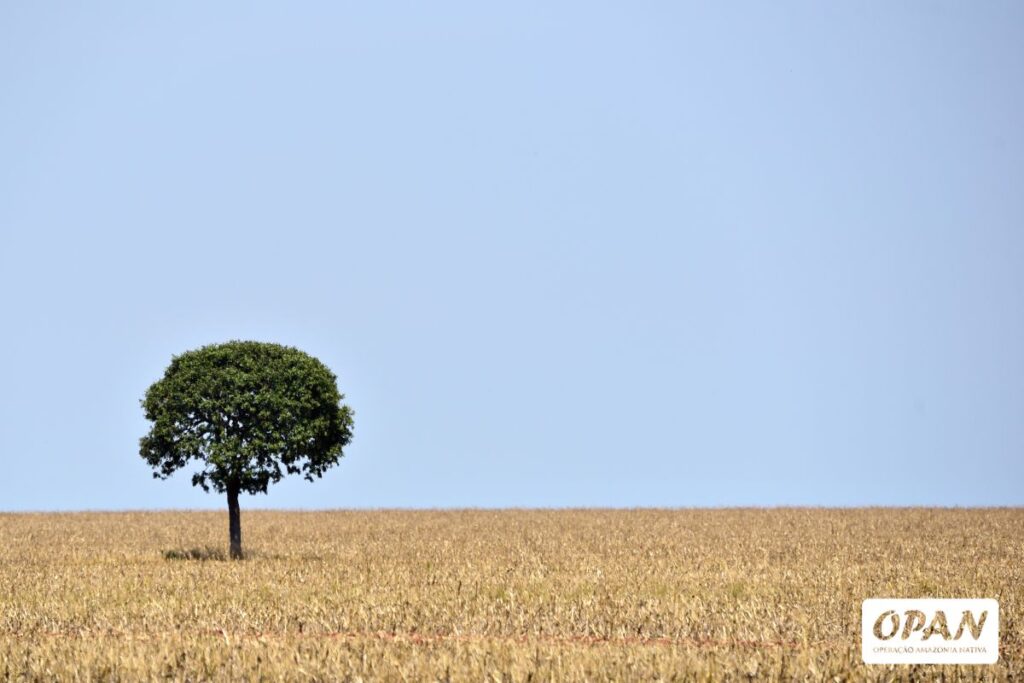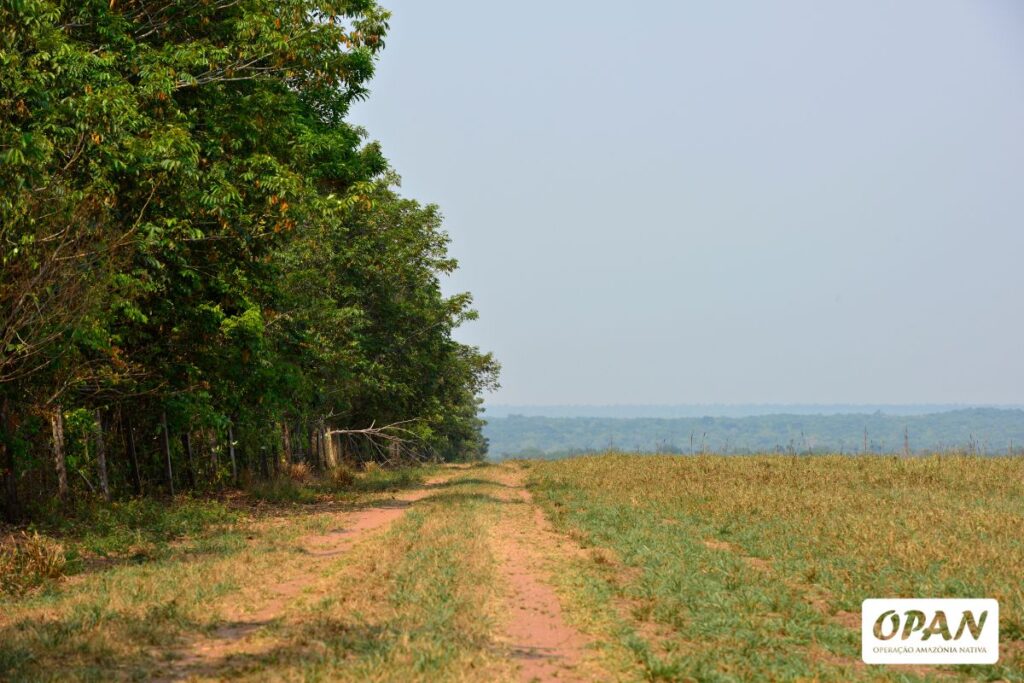In a session that was marked by a rush, the president of the Legislative Assembly of the state of Mato Grosso (ALMT) has taken a step that promises to redefine the landscape of agricultural production, and may result in serious damage to the health of the public in the state. On Wednesday (19), members of parliament, adopted on an emergency basis for the Design of the Law 1833/2023, a proposal to eliminate the barriers that are crucial to the application of agro-chemicals on a small farm. The decision raises urgent questions about the boundaries between the economic development and the protection of the environment.

Flexibility represents a dramatic shift from the previous legislation, which would establish minimum distances for the application of agro-chemicals, and it was found to be insufficient for an adequate level of protection of human health and the environment. The proposal also establishes a new minimum distance to the medium-sized and large farms. In the case of a medium-sized properties, the application of agro-chemicals can result in a separation distance of at least 25 metres away from the populated areas and water sources. For large properties, the minimum distance shall be 90 feet.
These changes are in contrast with the legislative Decree no. 2.283 in 2009, which was in effect in the state of Mato Grosso, and stated that the use of chemical pesticides in agriculture can only occur at a separation distance of at least 300 metres away from the towns, cities, villages, neighborhoods, and the springs of water-the water supply of the population.
In addition, the decree also established the minimum distance of 150 metres away from the fountains of water, and detached houses, and groups of animals, and the 200 metres away from the river bed, even if off and on.
Mr Gilberto Cattani (P), the author of the bill, explained in the proposal, arguing that a separation distance of at least 300 meters, was established by a decree dated brings losses to the agricultural production of the population and the economy, due to the spreading out of control of agricultural pests.
However, experts warn of the serious danger that is to the health of the population, the environment, the farmers, and for its own products.
One of the results that we have seen is that there is a need to maintain the area safe and without the application of chemical pesticides in the back of areas of permanent preservation, for the daily use. Because of the pesticides by themselves, they do not control all the pests in the landscape. We know that the landscapes in which they have had an application of the higher-likely, a year-on-year, the chemicals that they have selected a pest-resistance. So, it is essential that it is flush with the control of biological, natural, and preserve a range of safe and secure APPs, because we have seen that it has the animals, which are critical in helping to control these pests with chemical pesticides. So, to keep that area safe, it is critical to preserve agriculture,” said a researcher at the University of São Paulo (USP) and Universidade Federal do Amazonas (UFAM), Luke Ferrante, during a hearing on Tuesday (18), which is discussed in the topic.

The doctor, a researcher, and a professor at the Federal University of Mato Grosso (UFMT), ‘ Said Pignati, they also pointed out that the proposal is short-sighted, because it will increase your exposure to pollutants and increase the likelihood that the population has the disease.
“The closer it is, the greater is the likelihood that you will have to intoxication is a severe fetal abnormalities, from cancer. The population that lives on the side of both children and adults, and the rivers, and everything is going to be very much affected and infected,” he said.
‘Said Pignati is responsible for such a study, which examined the health of the people living at a distance of less than half a mile from the fields of the plantations in the state of Mato Grosso. By means of a survey, conducted by the center for research on Environment, Health, Work, and Education (Neast), the Institute of public Health (ISC) at the university, it has been shown that in the vicinity of agricultural fields is a significant risk factor.
Research UFMT, and the Neast/ISC/UFMT), in partnership with Operation in the Amazon’s Native (OPAN), which is also shown in the relationship between the intensive use of pesticides on the crops and the coming of the indigenous peoples ‘ lands, and is the cause of serious health problems.
In addition, we have found the pesticides are prohibited, such as carbofurano, atrazine and carbendazim, in the fields. Exposure to such product (s) is linked to the poisoning, acute, and chronic diseases such as cancer, neurological disorders, and the environmental impact is severe.
The study also found that people living close to the crops and farming of maize, and cotton, were almost two times more acute poisonings compared to those who lived in other places as well.
At the regular session of only three members: Wilson Santos (PSD), Lúdio Cabral (PORTUGAL), and Carolyne steep bank (UK) voted to oppose the bill, it goes to the sanction of the governor, Mauro Mendes ‘ Union (united states).
